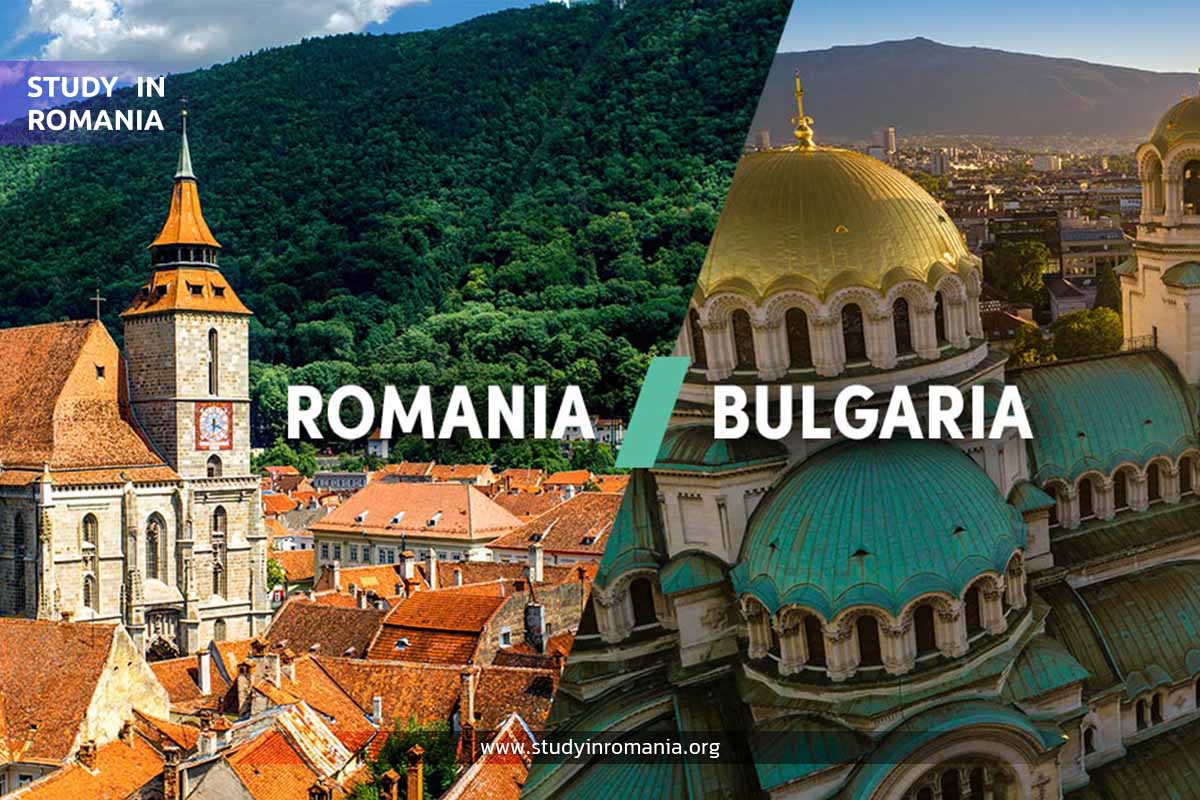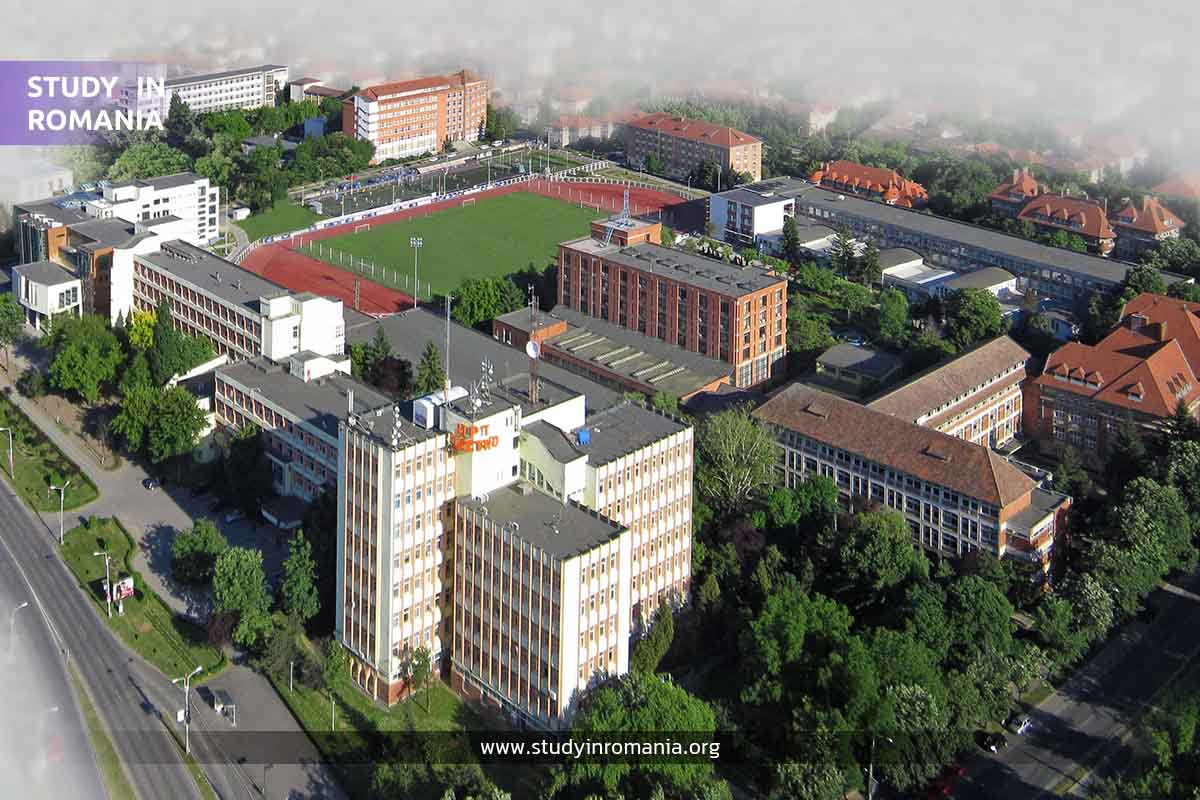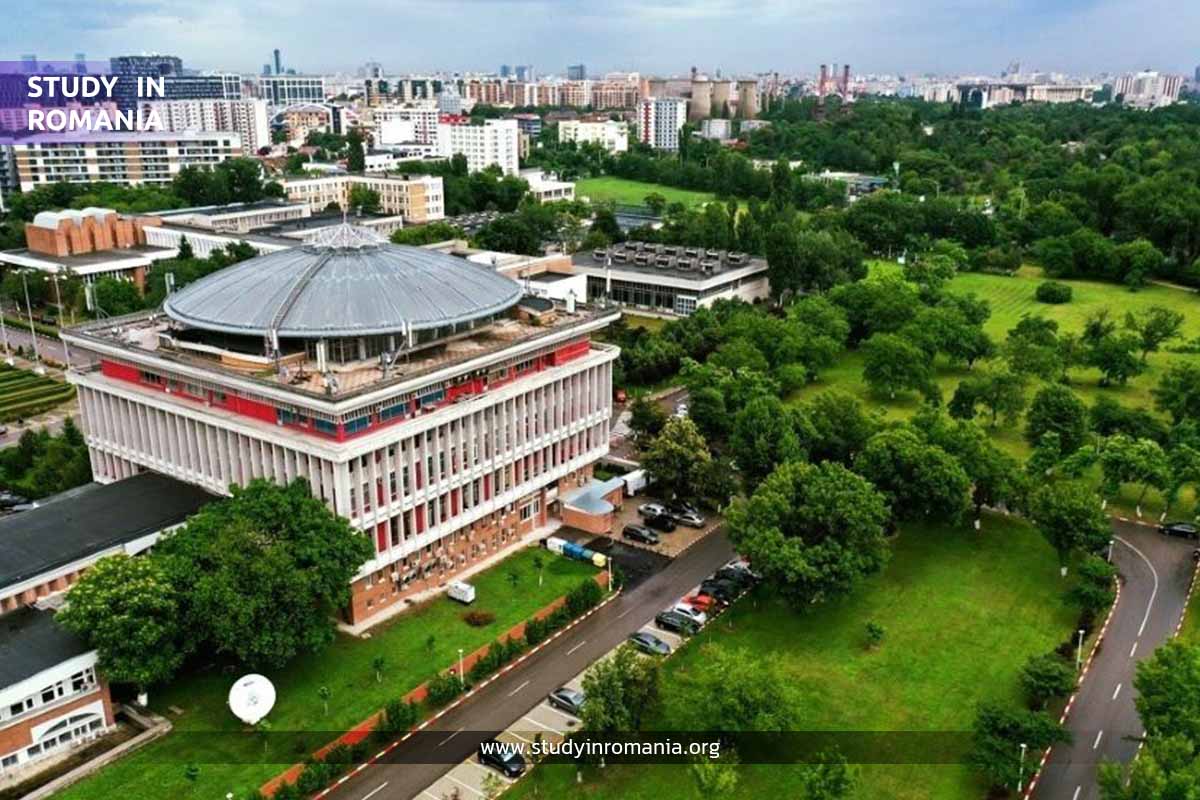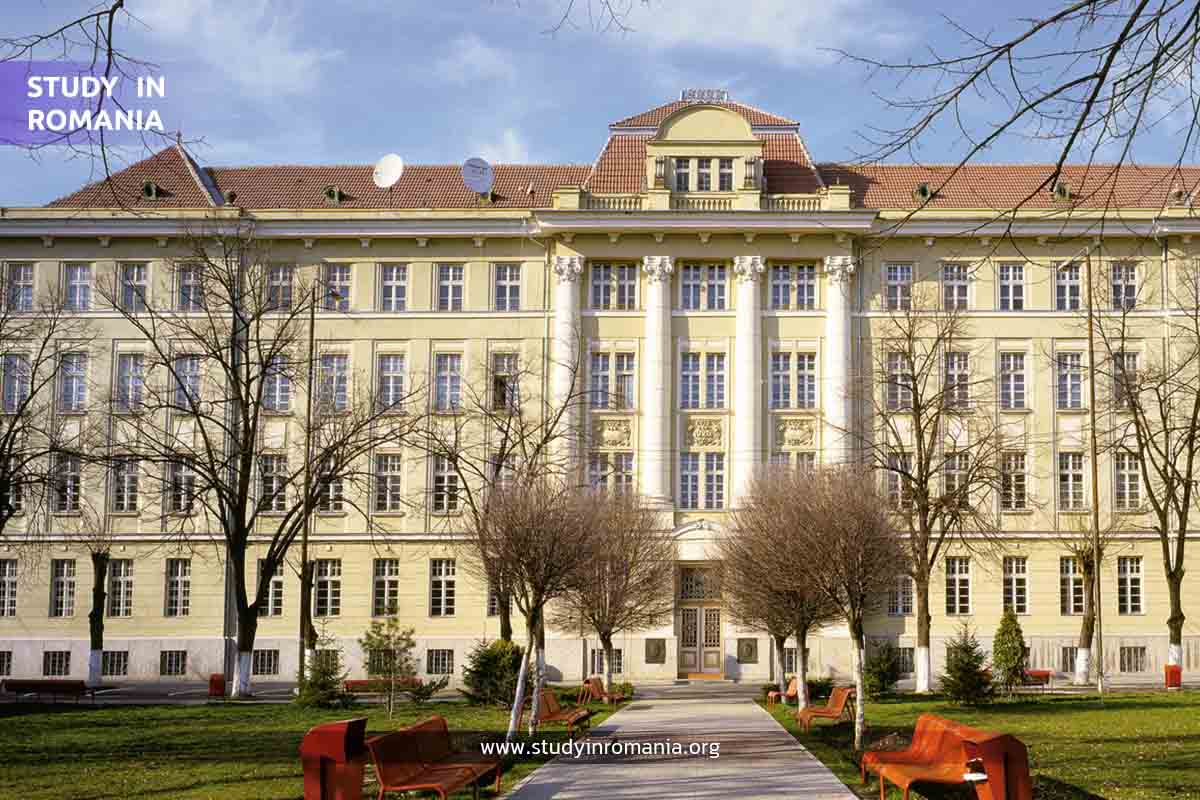If you plan to study medicine in Eastern European countries, you may be wondering whether to study medicine in Bulgaria or Romania. If it is so, then you have definitely come to the right place as this is just what we will be focusing on in this post. Which one is the best choice? Study Medicine in Bulgaria or Romania?
Studying Medicine in Romania
Is it better to study medicine in Bulgaria or Romania? In order to be able to answer this question for yourself, you need to know as much as you can about studying medicine in Romania or Bulgaria. Let’s start with Romania.
When it comes to studying medicine abroad, several major issues are considered; The first issue is the credibility of the university where you study; Another important issue regarding the conditions of studying medicine overseas is their cost. While you have to pay heavy tuition fees to study medicine in many European countries, the low tuition fees for medical courses in Romanian universities are definitely considered one of the great advantages of studying medicine in Romania.
The conditions for admission to Romanian universities for medical courses are another advantage of studying medicine in this country. Being accepted as a medical student in Romanian universities does not require participation in an entrance exam and generally involves easier conditions than in other medical destinations.
The possibility of studying medicine in Romania in English should also be considered one of the main advantages of studying medicine in Romania.

Benefits of Studying Medicine in Romania
- It is possible to get admission without participating in an entrance exam
- The possibility of studying in English
- Cost-effectiveness of studying medicine in Romania
Top Medical Universities in Romania
The following are among the best medical universities in the country:
Carol Davila University of Medicine and Pharmacy
The medical course offered at Carol Davila University of Medicine and Pharmacy is a 6-year course offered in English. The cost of studying medicine at this university is 6 thousand euros per year.
- Course length: 6 years
- Teaching language: English
- Cost: 6 thousand euros per year
Studying medicine at this university has more applicants than its capacity. This creates competitive conditions for admitting students. Applicants are evaluated and selected based on the following criteria:
- Grades of related and prerequisite courses; Biology, chemistry, physics, mathematics, biological sciences
- Prizes in student Olympiads in the mentioned courses and disciplines
- Completing courses related to the medical profession (for at least 3 years)
- English language certificate
International students who would like to take the medical course at Carol Davila University in Romania in English must prove their proficiency in the English language in one of the following ways:
- Providing a valid English language certificate (such as IELTS or TOEFL)
- Providing a high school diploma from a school where teaching was done in English or French.
- Passing the general English language test
Applicants who intend to study medicine at Carol Davila University must first apply online and then send the necessary documents in print. To do so, they have time between April and July.
Victor Babeș University of Medicine and Pharmacy
Victor Babeș University of Medicine and Pharmacy, which is located in the city of Timișoara in western Romania, is another accredited medical university in Romania. In addition to medical courses, this university also offers dentistry and pharmacy courses in English and French.
| Course |
Language of instruction |
Length of studies |
Tuition fee |
| Medicine |
English / French |
6 years |
7500 Euros per year |
| Dentistry |
English |
6 years |
7500 Euros per year |
| Pharmacy |
French |
5 years |
7500 Euros per year |
Candidates who are citizens of the European Union countries, the European Economic Area, and Switzerland, must participate in the entrance exam to study medicine at Victor Babeș University of Medicine and Pharmacy. This 500-question test includes 50 multiple-choice biology questions.
Candidates who come from other countries do not need to participate in the entrance exam, but their biology and chemistry scores are evaluated and compared with other candidates.
Applicants will also need to demonstrate their English or French language proficiency in one of the following ways:
- Providing an internationally recognized language certificate
- Providing a high school diploma from a school where teaching took place in English or French.
- Participation in the general English / French language test in September – November
Applicants for medical studies at Victor Babes University in Romania must first apply online and then send the necessary documents in print. To do so, they have time between April and July.
The cost of Studying Medicine in Romania
Low tuition fees for medical courses in Romanian universities is one of the main advantages of studying medicine in this country. You need to pay 6 thousand euros per year to study medicine at Romanian Medical universities.
Studying Medicine in Bulgaria
In order to make up your mind about whether to study medicine in Bulgaria or Romania, you need to hear Bulgaria’s side of the story as well.
Bulgaria, the fourteenth largest country in Europe with an area of 110,994 square kilometers, is located in the southeast of this continent. About 7 million people live in Bulgaria, most of whom are of Bulgarian descent. Turks and Gypsies are the main minorities in this country. Bulgaria became a member of the North Atlantic Treaty Organization (NATO) in 2004 and has been a member of the European Union since 2007.
In the field of education and especially, higher education, Bulgaria is known as a second-rate country at most, but for reasons such as the lower cost of living and studying in Bulgaria, this country attracts the attention of many medical international students.
The medical course in Bulgaria is offered in English for over 6 years. This course consists of 10 semesters of education in universities and a one-year internship. The Credits offered in the first 2 years focus on theories and the pre-clinical courses, and in the next 3 years, clinical and laboratory credits are offered.
After completing the 5-year university course, students have a 310-day internship ahead of them. During this period, medical students in Bulgaria will work as interns in medical centers or other places determined by the university.
At the end of the final year, the students who are engaged in the internship course, participate in the state exam and after passing this exam, they graduate from the medical course in Bulgaria and receive the degree of “Professional Certified Physician” or “Medical Doctor/MD“; A document that is recognized by all EU member states.

Benefits of Studying Medicine in Bulgaria
In general, the benefits of studying medicine in Bulgaria can be summarized into two points: admission conditions and costs; Easy admission and affordability can encourage many international students to study medicine in Bulgaria.
Top Medical Universities in Bulgaria
Choosing whether it is better to study medicine in Romania or Bulgaria will definitely be a challenging choice for you. Therefore, the best solution is to make a comprehensive comparison between Romanian and Bulgarian universities. In the following, we introduced some universities in Bulgaria. Check it Out!
University of St. Kliment Ohridski
- City: Sofia
- Entrance test: basic biology and chemistry test
- Tuition: 8000 euros per year
- Admission time: October
Trakia University
- City: Stara Zagora
- Entrance test: None
- Tuition: 7000 euros per year
- Admission time: October
Sofia Medical University
- City: Sofia
- Entrance test: Basic English language test
- Tuition: 8000 euros per year
- Admission time: October
Plovdiv Medical University
- City: Plovdiv
- Entrance test: None
- Tuition: 8000 euros per year
- Admission time: October
Varna Medical University
- City: Varna
- Entrance test: basic biology and chemistry test
- Tuition: 8000 euros per year
- Admission time: October
Pleven Medical University
- City: Pleven
- Entrance test: None
- Tuition: 7000 euros per year
- Admission time: February
Study medicine in Bulgaria or Romania?!
If you are still wondering whether it is better to study medicine in Bulgaria or Romania, the key takeaways from this guide are as follows: While the costs of living and studying in Romania are generally lower than in Bulgaria (Bucharest is 8% more affordable than Sofia), Bulgaria looks more modern and advanced especially when it comes to public transportation and urban structures. Both countries offer courses and degrees that are approved by all members of the European Union.








